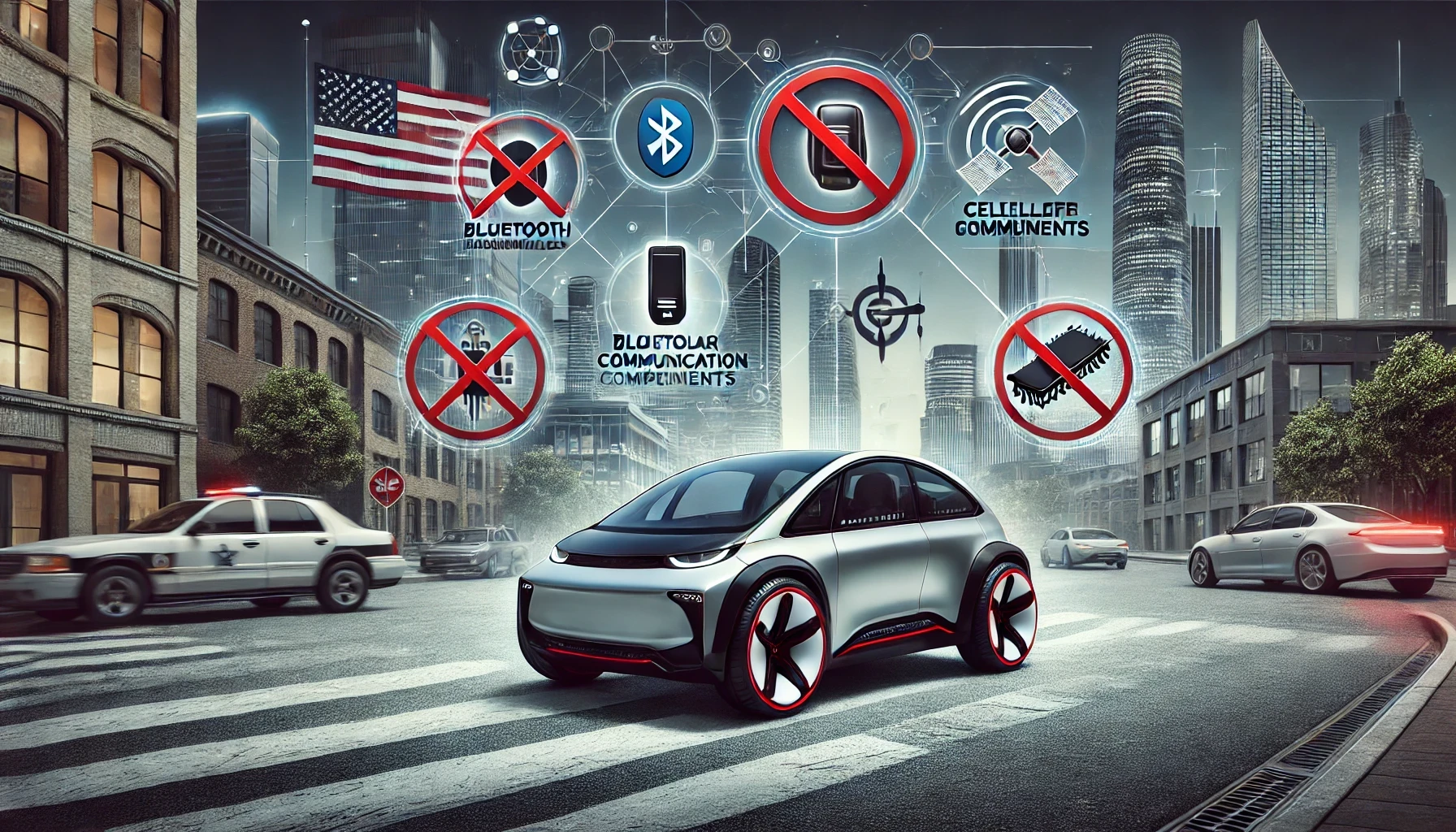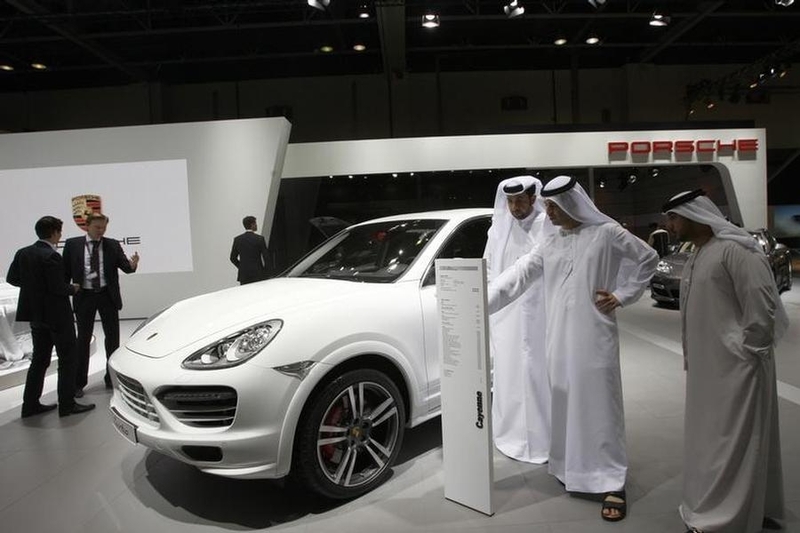
The U.S. Bans the Use of Chinese and Russian Components in Connected Vehicles
The U.S. authorities have approved a ban on the use of Chinese and Russian equipment and software in vehicles connected to the internet. This step is aimed at minimizing risks associated with potential hacking and data leaks, as well as serving as a countermeasure by the Biden administration to possible threats from foreign states.
The U.S. Department of Commerce announced on Tuesday that the ban on importing equipment for automotive communication systems from China and Russia, including Bluetooth modules, cellular communication devices, and satellite components, will take effect for car models manufactured starting in 2030. Meanwhile, automated driving software developed in these countries will be prohibited as early as 2027.
The ban is not only aimed at protecting the domestic market but also at strengthening the U.S.'s influence in the global technology race. It is expected that the new regulations will accelerate the transition to components manufactured in countries allied with the United States. Experts believe that this step could exacerbate economic relations between the U.S., China, and Russia, as well as potentially lead to retaliatory measures from these countries against American technologies. However, U.S. authorities are confident that such measures are necessary for the long-term security and sustainable development of connected vehicles.

#Cybersecurity #TechnologyBan #ConnectedVehicles #NationalSecurity #FutureTechnologies
Recommended
See all
How to Drive a Mortgaged Car from the UAE to Oman: Key Rules Every Driver Should Know





